Personal Coaching SEO Strategies
In today’s digital world, personal coaching professionals must master the online game to reach a wider audience and provide their expertise. With the ever-increasing competition, having a solid digital marketing and SEO strategy is essential for success.
This article unveils effective strategies that can help personal coaching professionals achieve their online goals. From optimizing their website for search engines to creating engaging content that resonates with their target audience, every aspect of digital marketing is covered.
By implementing these strategies, personal coaching professionals can improve their online visibility, attract more clients, and ultimately grow their business. Whether you’re a life coach, business coach, or fitness trainer, this article will provide you with practical tips and insights to enhance your digital presence.
Don’t let the online world intimidate you. With the right strategies and techniques, you can conquer the digital realm and establish yourself as an authority in the personal coaching industry. So, get ready to make the most of digital marketing and SEO and take your coaching business to new heights.
The importance of digital marketing for personal coaching professionals
In the current landscape, digital marketing has transitioned from a secondary strategy to a vital necessity for personal coaching professionals. With many clients searching for services online, establishing a strong digital presence is imperative. Personal coaches who neglect this aspect may lose potential clients to competitors who have effectively harnessed the power of the internet. By utilizing digital marketing strategies, coaches can not only reach a wider audience but also engage with them on a personal level, fostering trust and credibility in their expertise.
Moreover, the coaching landscape has evolved, with clients increasingly seeking specialized coaches who resonate with their needs. Digital marketing allows personal coaches to showcase their unique offerings, tailored programs, and success stories through various online channels. By leveraging these platforms, coaches can create a compelling narrative that differentiates them from others in the industry. This personal branding not only attracts clients but also establishes the coach as a thought leader within their niche. A great example of a coach who sets herself apart is Becky Shaffer, from LiveInConfidence.com. She tells a compelling story that builds trust with women seeking her services.
The ability to gather and analyze data is another compelling reason to embrace digital marketing. By tracking user behavior and engagement metrics, coaches can gain insights into what resonates with their audience. This information is invaluable for refining marketing strategies and ensuring the content delivered is relevant and impactful. In essence, digital marketing equips personal coaching professionals with the tools necessary to connect with clients effectively and to adapt their strategies based on real-time feedback.
Understanding the basics of SEO
Search Engine Optimization (SEO) is a critical component of digital marketing that personal coaching professionals must understand to thrive online. At its core, SEO is about optimizing online content so that it ranks higher in search engine results, making it easier for potential clients to find coaches when they search for relevant terms. Understanding how search engines work and the factors that influence ranking can empower coaches to enhance their visibility online.
SEO encompasses various elements, including keyword optimization, site structure, content quality, and user experience. Personal coaches should familiarize themselves with these components to create a website that not only attracts visitors but also converts them into clients. For instance, a well-structured website that loads quickly and provides valuable information will likely perform better in search rankings compared to a cluttered, slow-loading site.
Additionally, SEO is not a one-time effort but rather an ongoing process that requires regular updates and adjustments. Search engines continuously evolve their algorithms, making it essential for personal coaching professionals to stay informed about the latest SEO trends and best practices. By dedicating time and resources to SEO, coaches can ensure their online presence remains strong and competitive in a crowded marketplace.
Keyword research for personal coaching professionals
Keyword research is the foundation of effective SEO and digital marketing strategies. For personal coaching professionals, identifying the right keywords is essential for connecting with their target audience. These keywords reflect the specific phrases and terms potential clients use when searching for coaching services, and incorporating them into website content can significantly improve visibility.
To begin keyword research, personal coaches should consider their niche and the type of clients they wish to attract. Tools like Google Keyword Planner, Ubersuggest, and SEMrush can provide insights into popular search terms related to coaching services. It’s important to focus not only on high-volume keywords but also on long-tail keywords that may have less competition. These long-tail keywords often capture users with specific intents, making it likelier for coaches to convert visitors into clients.
Once relevant keywords are identified, coaches should strategically incorporate them into their website’s content, including blog posts, service pages, and other online materials. However, it is crucial to maintain a natural flow in writing rather than forcing keywords into the content. Overstuffing keywords can lead to poor readability and even penalties from search engines. By creating valuable content that genuinely addresses the needs and interests of their audience, personal coaching professionals can enhance their SEO performance and establish authority in their field.
On-page optimization techniques for personal coaching websites
On-page optimization refers to the strategies that can be implemented directly on a website to improve its search engine ranking. For personal coaching professionals, this involves creating a user-friendly, informative, and engaging website that meets client needs and search engine criteria. One of the primary aspects of on-page optimization is the effective use of headings and subheadings. This not only helps in organizing content but also enables search engines to understand the structure of the page better.
Another critical element is optimizing meta titles and descriptions. These are essential for improving click-through rates from search results. A well-crafted meta title should include the primary keyword and convey the page’s value, while the meta description should provide a brief overview of the content and entice users to click. Additionally, utilizing alt tags for images is important for SEO as it allows search engines to index images properly and enhances accessibility for visually impaired users.
Internal linking is another effective on-page optimization technique. By linking to other relevant pages, personal coaches can guide visitors to additional content that may interest them and help improve site navigation. This not only keeps visitors engaged for more extended periods but also distributes page authority across the site, enhancing overall SEO performance. Regularly revisiting and updating content to keep it fresh and relevant is vital in maintaining strong on-page optimization.
Off-page optimization strategies to boost online visibility
While on-page optimization focuses on the elements within a website, off-page optimization encompasses the strategies used to improve a site’s authority and visibility through external sources. For personal coaching professionals, building a robust online presence outside of their website can significantly enhance their credibility and attract more clients. One of the most effective off-page strategies is link building, which involves acquiring backlinks from reputable websites. These backlinks signal to search engines that the content is valuable, thereby improving search rankings.
Networking with other professionals in the coaching industry can lead to guest blogging opportunities or collaborations, which can result in valuable backlinks. Additionally, joining relevant online communities and forums can help coaches establish themselves as experts while also providing opportunities for link sharing. Social media platforms also play a vital role in off-page optimization. By engaging with potential clients on platforms like Instagram, Facebook, and LinkedIn, coaches can drive traffic to their websites and boost their online visibility.
Online reviews and testimonials are another essential aspect of off-page optimization. Positive reviews on platforms such as Google My Business, Yelp, or specialized coaching directories can enhance a coach’s reputation and influence potential clients’ decisions. Encouraging satisfied clients to leave reviews can help build a strong online presence and foster trust among prospective clients. Ultimately, a well-rounded off-page optimization strategy not only drives traffic but also establishes a personal coaching professional as a credible authority in their field.
Creating engaging and informative content for personal coaching blogs
Content is at the heart of any effective digital marketing strategy, especially for personal coaching professionals. Engaging and informative blog posts can be a powerful tool for attracting and retaining clients. A well-crafted blog not only showcases the coach’s expertise but also provides valuable insights and tips that resonate with the target audience. To create compelling content, coaches should address the specific challenges and questions their clients typically face, providing actionable advice and solutions.
In addition to addressing client needs, incorporating storytelling into blog posts can create a more relatable and engaging experience. Sharing personal anecdotes, client success stories, or case studies can help humanize the coach and foster a deeper connection with readers. This approach not only makes the content more enjoyable to read but also reinforces the coach’s credibility and expertise. Furthermore, utilizing visuals such as images, infographics, and videos can enhance the overall appeal of the blog and keep readers engaged longer.
Consistency is key when it comes to content creation. A regular posting schedule can help build an audience and keep readers returning. Coaches should consider creating a content calendar to plan topics, ensuring a diverse range of subjects that cater to various aspects of their coaching practice. By continuously providing valuable, high-quality content, personal coaching professionals can enhance their online presence, drive website traffic, and ultimately convert readers into clients.
Leveraging social media platforms for personal coaching marketing
Social media has become an integral part of digital marketing, offering personal coaching professionals a unique opportunity to connect with their audience on a more personal level. Platforms like Instagram, Facebook, LinkedIn, and Twitter provide coaches with the means to share their expertise, showcase their personality, and promote their services. To effectively leverage social media, coaches should identify which platforms their target audience frequents and tailor their content accordingly.
Engagement is paramount in social media marketing. Coaches should build relationships with their followers by responding to comments, participating in discussions, and actively sharing valuable content. Utilizing features such as live videos, stories, and polls can make interactions more dynamic and engaging. Additionally, sharing user-generated content, such as testimonials or success stories from clients, can further enhance credibility and foster a sense of community.
Paid advertising on social media can also be an effective strategy for reaching a broader audience. Platforms like Facebook and Instagram offer targeted advertising options that allow coaches to reach specific demographics based on interests, location, and behavior. Creating eye-catching ads highlighting unique coaching services can attract potential clients and drive traffic to a coach’s website. Ultimately, by effectively leveraging social media, personal coaching professionals can enhance their visibility, engage with their audience, and ultimately grow their client base.
Email marketing for personal coaching professionals
Email marketing remains one of the most effective tools for personal coaching professionals to nurture leads and maintain client relationships. By building an email list, coaches can create a direct line of communication with their audience, providing valuable content, updates, and promotional offers. The key to successful email marketing lies in delivering relevant and engaging content that resonates with subscribers.
Coaches should consider offering a lead magnet, such as a free eBook, checklist, or webinar, in exchange for email sign-ups. This not only incentivizes potential clients to join the mailing list but also establishes the coach’s authority and expertise. Once the email list is built, crafting engaging newsletters that provide useful tips, insights, and updates about coaching services can help maintain interest and keep the coach top-of-mind for potential clients.
Personalization is crucial in email marketing. Coaches should segment their email list based on client interests, demographics, or engagement levels to tailor content to specific audiences. Personalized emails are more likely to resonate with recipients and prompt them to take action, whether scheduling a consultation, signing up for a program, or sharing the content with others. By consistently delivering value through email marketing, personal coaching professionals can build strong relationships with clients and encourage ongoing engagement with their brand.
Measuring success and tracking progress in digital marketing efforts
To ensure the effectiveness of digital marketing strategies, personal coaching professionals must consistently measure their success and track progress. Various metrics can provide valuable insights into the performance of marketing efforts, including website traffic, conversion rates, engagement levels, and more. Tools like Google Analytics can help coaches understand how visitors interact with their website, which pages are most popular, and where traffic is coming from.
Monitoring key performance indicators (KPIs) is essential for assessing the effectiveness of specific marketing campaigns. For instance, if a coach runs a social media ad campaign, tracking metrics such as click-through and conversion rates can provide insight into the campaign’s success and areas for improvement. Additionally, regularly reviewing email marketing metrics such as open rates, click rates, and unsubscribe rates can help coaches refine their messaging and strategies to meet client needs better.
Adapting strategies based on data-driven insights is crucial for continuous improvement. Personal coaching professionals should regularly review their marketing efforts and make adjustments as necessary. This may involve experimenting with new content formats, tweaking SEO practices, or exploring different social media platforms. By being proactive and responsive to data, coaches can optimize their digital marketing strategies, ensuring they stay competitive and effectively reach their target audience.
Conclusion: Take your personal coaching business to the next level with digital marketing and SEO strategies
In conclusion, mastering digital marketing and SEO strategies is essential for personal coaching professionals who wish to thrive in today’s competitive landscape. Coaches can significantly improve their online visibility by understanding the importance of digital marketing, engaging in keyword research, and implementing on-page and off-page optimization techniques. Additionally, creating compelling content, leveraging social media, and utilizing email marketing can help build strong connections with potential clients.
Furthermore, measuring success through analytics and adapting strategies ensures coaches remain responsive to their audience’s needs and preferences. Embracing these digital marketing strategies empowers personal coaching professionals to not only attract more clients but also establish themselves as credible authorities in their respective fields.
As the digital world evolves, personal coaches must stay informed about emerging trends and best practices to stay ahead of the competition. By investing time and resources into mastering these strategies, coaches can take their businesses to new heights, ultimately leading to greater client satisfaction and business growth. With determination and the right approach, any personal coaching professional can conquer the online realm and succeed in their practice.
Use a digital marketing and SEO expert to guide you
XDigitalSEO is passionate about and experienced in personal coaching and digital marketing. Contact us for a free estimate and see how we can assist you in growing your coaching business, so that you may continue to help more and more people.
Contact XDigitalSEO
You can also find us on:





